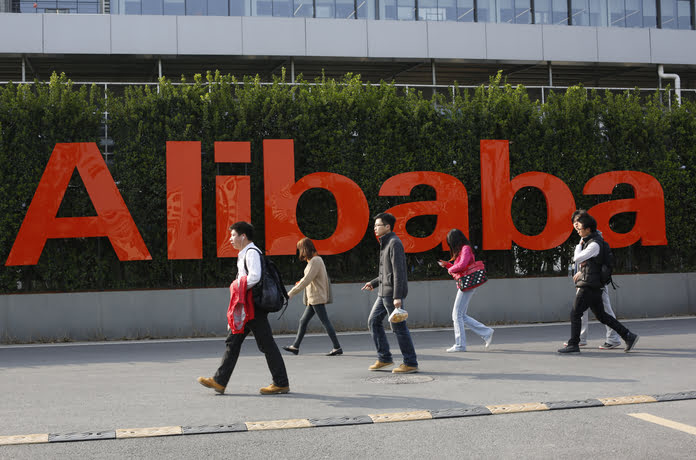Despite proposals by the US Securities and Exchange Commission to delist Alibaba (BABA:NYSE) and approximately 200 other companies from the New York Stock Exchange in 2024, Alibaba (BABA:NYSE) stated it would strive to preserve its listing. The SEC added Alibaba (BABA:NYSE) to a list of Chinese businesses that would be barred from trading if they did not disclose access to audit data, causing the company’s New York-listed shares to plunge by 11%.
On Monday, Alibaba’s (BABA:NYSE) shares in Hong Kong were down 3%. Despite US regulations requiring audit files to be reviewed every three years, China has barred its corporations and accountants from giving foreign authorities access to them. The fate of Alibaba’s New York listing will be determined by an agreement between Beijing and Washington allowing the US access to audit data. Otherwise, the corporation did not explain how it might keep its US listing. Alibaba (BABA: NYSE) said last week that it would convert its secondary listing in Hong Kong to a dual primary listing, which experts believe will put it in a stronger position if it is forced to delist in New York.
The SEC move has increased regulatory pressure on Alibaba (BABA:NYSE), which has been caught in the crossfire of rising US-China tensions as well as Beijing’s crackdown on the technology industry.
Alibaba’s Hong Kong-listed shares have fallen more than 70% from their peak in 2020. In China, the company is being investigated for antitrust violations, and co-founder Jack Ma has almost vanished from public view. Ma, who stood down as chairman in 2019, is now going to relinquish control of Ant Group, Alibaba’s sibling firm.
As the local prospects deteriorated, Alibaba (BABA:NYSE) shifted its attention to foreign expansion. However, the Financial Times reported this week that a drive into the US e-commerce business had been hampered by failed objectives and scores of personnel departures.
Demands to open up its audit reports for the examination have added to the company’s uncertainties in the United States. Following the passage of the Holding Foreign Corporations Accountable Act in 2020, authorities will be able to exclude foreign companies from trading in the United States if they are unable to review audits for three consecutive years.
In recent years, China’s fast-growing IT businesses have relied on the US market to acquire cash, and a mass delisting may jeopardize up to $1.3 trillion in shareholder value.
However, the Financial Times reported last week that Beijing has been looking into ways to bring certain enterprises into conformity with the US regulator’s requests. In addition to Alibaba (BABA:NYSE), the SEC stated this year that it was unable to check or thoroughly probe the audits of other major Chinese technology firms, including JD.com and Baidu.
Featured Image: Megapixl @Minipig5188















